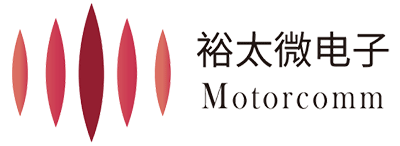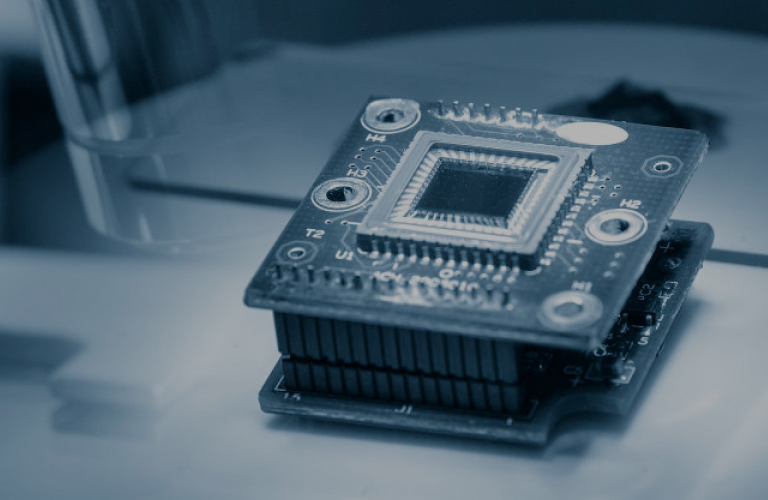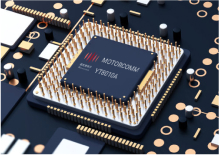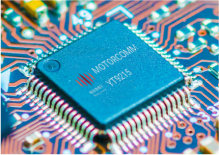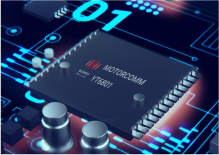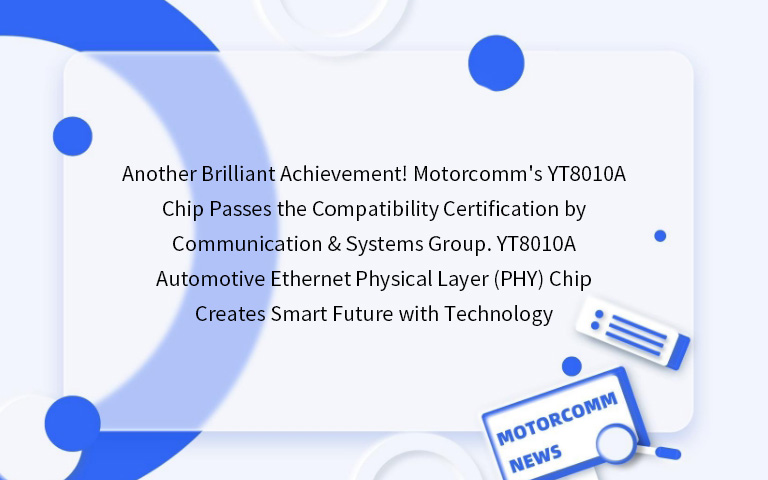Another Brilliant Achievement! Motorcomm's YT8010A Chip Passes the Compatibility Certification by Communication & Systems Group. YT8010A Automotive Ethernet Physical Layer (PHY) Chip Creates Smart Future with Technology
With the advent of the era of Internet of everything, the concept of intelligent driving is becoming more and more accepted and desirable, and the importance of the core chip of the intelligent network connection, i.e., the automotive communication chip, is self-evident. YT8010A, developed by Motorcomm, is an automotive PHY chip with full independent intellectual property rights and passing the automotive grade certification. With YT8010A, Motorcomm got rid of the dilemma of having its core IPR restricted by foreign enterprises, and broke the monopoly of international giant companies in one fell swoop. Recently, this domestic chip, after passing the AEC-Q100 Grade 1 automotive grade certification, passed the interoperability and compatibility test by Communication & Systems Group (C&S), an internationally recognized certification authority in German known for its stringent testing standards. This means that Motorcomm's automotive chip products have been granted an access to the intelligent networked vehicle market.
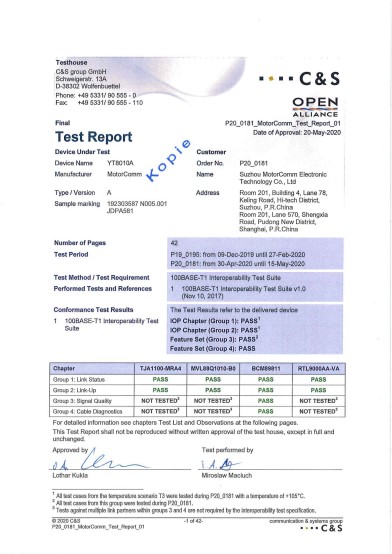
C&S Certification, a New Threshold for Automotive Grade Products
As most people in the industry know, AEC Q-100/200 certification is the passport to the automotive industry. However, in the field of automotive communication, an automotive Ethernet chip needs to pass not only the AEC Q-100/200 certification but also the international mandatory certification of interoperability and compatibility if it wants to be sold in the market. At present, there are very few professional certification bodies with C&S testing qualifications. In order to bring our products to the international market, Motorcomm has chosen the internationally recognized Communication & Systems Group for the interoperability and compatibility test.
Communication & Systems Group, a recognized authority in the international communications industry, specializes in testing the interoperability and network compatibility of automotive chips. Intelligent connected vehicles require high cooperation of network components, which is directly related to the interoperability of components. C&S testing is a detailed and comprehensive standard for this highly demanding interoperability. Only by passing this test can we ensure the safe operation of the network and related applications, and then we can ensure that the interconnected components using the 100Base-T1 protocol can work together at the highest interoperability. Meanwhile, interoperability requires the chip to be forward compatible, so only Ethernet chips that pass the C&S test can be considered as “truly” passing the automotive grade certification.
After passing the complete interoperability test, a chip is proved to be able to interoperate with upstream and downstream devices and can be directly used in all vehicle systems of each model platform being sold, developed or planned to be developed by automotive companies, without the need to undergo tedious compatibility testing for each specific model. C&S IOPT testing is authorized by OPEN Consortium and its certification results are accepted by major automotive companies worldwide as well as the entire automotive Ethernet market. Passing the C&S IOPT test indicates that YT8010A is capable of interconnecting and interoperating with physical layer chips mass-produced by all other suppliers in the market without any obstacles, and is eligible for promotion, introduction and sale in the entire international market.
Rigorous testing guarantees the quality of chips.
The C&S interoperability test is tedious and demanding, consisting of several steps. The Ethernet IOPT specification basically consists of the following three tests. First, the link state and link test, designed to ensure that the physical layer (PHY) is sending the correct link state signals to the upper layers. Second, physical property set testing (SQI and cable diagnostics). Third, wake-up/sleep test, aiming to observe whether all devices that support the wake-up/sleep function defined in OPEN TC10 can operate normally. The basic rules defined by the components in Ethernet are the basis for the testing. The test focuses on layer 1 (physical layer) of the OSI layer model and the transmission media. In a nutshell, the test aims to determine whether the physical layer follows the rules defined in the standard and whether the interaction of the different PHY providers works in a reliable manner. It also monitors internal registers, channel quality and current status by detecting the device under test, link partners and test management.
The original purpose of C&S testing was to solve the problem of communication and interoperability between automotive electronic devices. Therefore, C&S testing is guided by the principle of “forward compatibility”, that is, a chip to be tested later must be completely compatible with the chips that have passed the test before. In other words, latecomers need to meet the technical standards of the former. For example, to gain market access, Motorcomm's product needs to be compatible with all other companies'products that have passed the C&S test before. In this case, if the products launched by other manufacturers want to obtain market access, they must pass the compatibility test in the C&S laboratory with the certified products of all manufacturers including Motorcomm. This means that in the field of automotive communication, once a company is the first to launch its products in the market and thus gain a first-mover advantage, it will impose an increasingly high market access threshold on subsequent entrants and form customer path dependence. Motorcomm has passed the C&S certification, which not only breaks the long-term monopoly of foreign companies, but also gives it the core competitiveness in the automotive market. The self-developed YT8010A chip passing the international interoperability test greatly enhances Motorcomm’s position and competitive advantage in the industry, marking that Motorcomm has entered “the first echelon” of international automotive Ethernet chip suppliers.
As an automotive Ethernet chip design company with advanced technology in China, Motorcomm has fully independent intellectual property rights and is also dual certified by AEC Q-100 test and C&S interoperability test. Even so, the management is very clear that, there is still a big gap between Motorcomm as a start-up company and the world's leading communication companies. In order to keep the core competitiveness of our products, Motorcomm's team will also participate in the development of V2X, TSN and other industry standards for automotive chips, as an important consideration for the continuous development of subsequent product R&D capabilities. Motorcomm expects to contribute our share to developing the domestic PHY chips.
